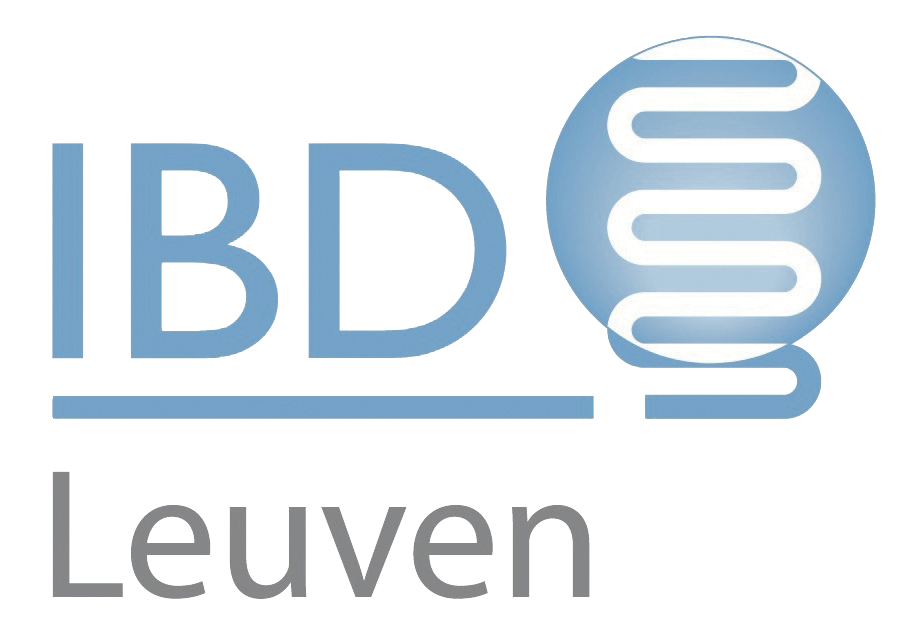Clinical Trials
Actively including ulcerative colitis studies
Amaretto
• Phase 4 open label study (no placebo)
• Compares weekly versus biweekly subcutaneous infliximab (Remsima®) treatment in Crohn’s disease and ulcerative colitis patients who switched from a high-dose intravenous infliximab regimen
• Patients who wish to continue intravenous infliximab may also participate.
• Key inclusion criteria:
Crohn’s disease or ulcerative colitis in clinical and biological remission (CRP < 10 mg/L and fecal calprotectin < 250 mg/kg)
On a high and stable (>6 months) intravenous infliximab dose
Galocean:
• Phase 4 non-interventional open label study (no placebo)
• Evaluates the effectiveness, treatment patterns, quality of life, and safety in patients with active ulcerative colitis treated with filgotinib (Jyseleca®) in real-world clinical practice
• Filgotinib is a JAK1 inhibitor with anti-inflammatory effects
• Oral administration once daily
• Two-year follow-up including questionnaires and blood samples
• Key inclusion criteria:
Patients who initiated treatment with filgotinib
Palekona:
• Phase 2 double-blind placebo-controlled study (1 in 4 chance of placebo)
• Evaluates the efficacy and safety of GS-5290 in patients with active ulcerative colitis.
• GS-5290 is an anti-TPL2 agent with anti-inflammatory effects.
• Oral administration once daily
• Key inclusion criteria:
Sufficient intestinal symptoms and inflammation visible at endoscopy
No patients with inflammation limited to the rectum
History of minimum 1 and maximum 3 prior classes of advanced therapies
M23-703:
• Phase 2 double-blind controlled study (no placebo)
• Evaluates the efficacy and safety of lutikizumab compared to adalimumab in patients with active ulcerative colitis.
• Lutikizumab is an IL-1 inhibitor with anti-inflammatory effects
Adalimumab is a TNFα inhibitor with anti-inflammatory effects
• One intravenous infusion, followed by subcutaneous injections at week 1 and 2, then every 2 weeks thereafter
• Key inclusion criteria:
Significant intestinal symptoms and inflammation visible at enodscopy
No prior treatment with adalimumab
No patients with inflammation limited to the rectum
BI 1486-0006
• Phase 2 open label studie (no placebo)
• Evaluates the efficacy and safety of BI 3032950 in patients with active ulcerative colitis
• BI 3032950 is an anti-TREM1 agent with anti-inflammatory effects
• Three intravenous infusions every 4 weeks, followed by subcutaneous injections every 4 weeks
• Key inclusion criteria:
Sufficient gastrointestinal symptoms and inflammation visible at endoscopy
History of minimum 1 and maximum 3 prior classes of advanced therapies
No primary sclerosing cholangitis
No patients with inflammation limited to the rectum
TAK-279-UC-2001:
• Phase 2 double-blind placebo-controlled study (1 in 3 chance of placebo)
• Investigates the efficacy and safety of TAK-279 in patients with active ulcerative colitis
• TAK-279 is a TYK2 inhibitor with anti-inflammatory properties
• Oral administration once daily
• Key inclusion criteria:
Sufficient gastrointestinal symptoms and inflammation visible on endoscopy
No primary sclerosing cholangitis
No patients with inflammation limited to the rectum
History of no more than 2 prior classes of advanced Crohn’s disease medications
DRI 17822
• Phase 2 double-blind placebo-controlled study (1 in 6 chance of placebo)
• Evaluates the efficacy and safety of SAR441566 in patients with active ulcerative colitis
• SAR441566 is a TNFα inhibitor with anti-inflammatory effects
• Oral administration twice daily
• Key inclusion criteria:
Sufficient gastrointestinal symptoms and inflammation visible at endoscopy
History of maximum 3 prior classes of advanced therapies
No use of antidiarrheal medications (e.g., Imodium®)
No patients with inflammation limited to the rectum
TABASCO
• Evaluates the role of intestinal ultrasound in the context of acute severe ulcerative colitis
• Stool samples and intestinal ultrasound will be performed daily for one week. If the patient does not undergo surgery, a follow-up stool sample and ultrasound will be repeated on day 30.
• Key inclusion criteria:
Patients hospitalized with acute severe ulcerative colitis
No Clostridioides difficile infection
No patients with a stoma or pouch

